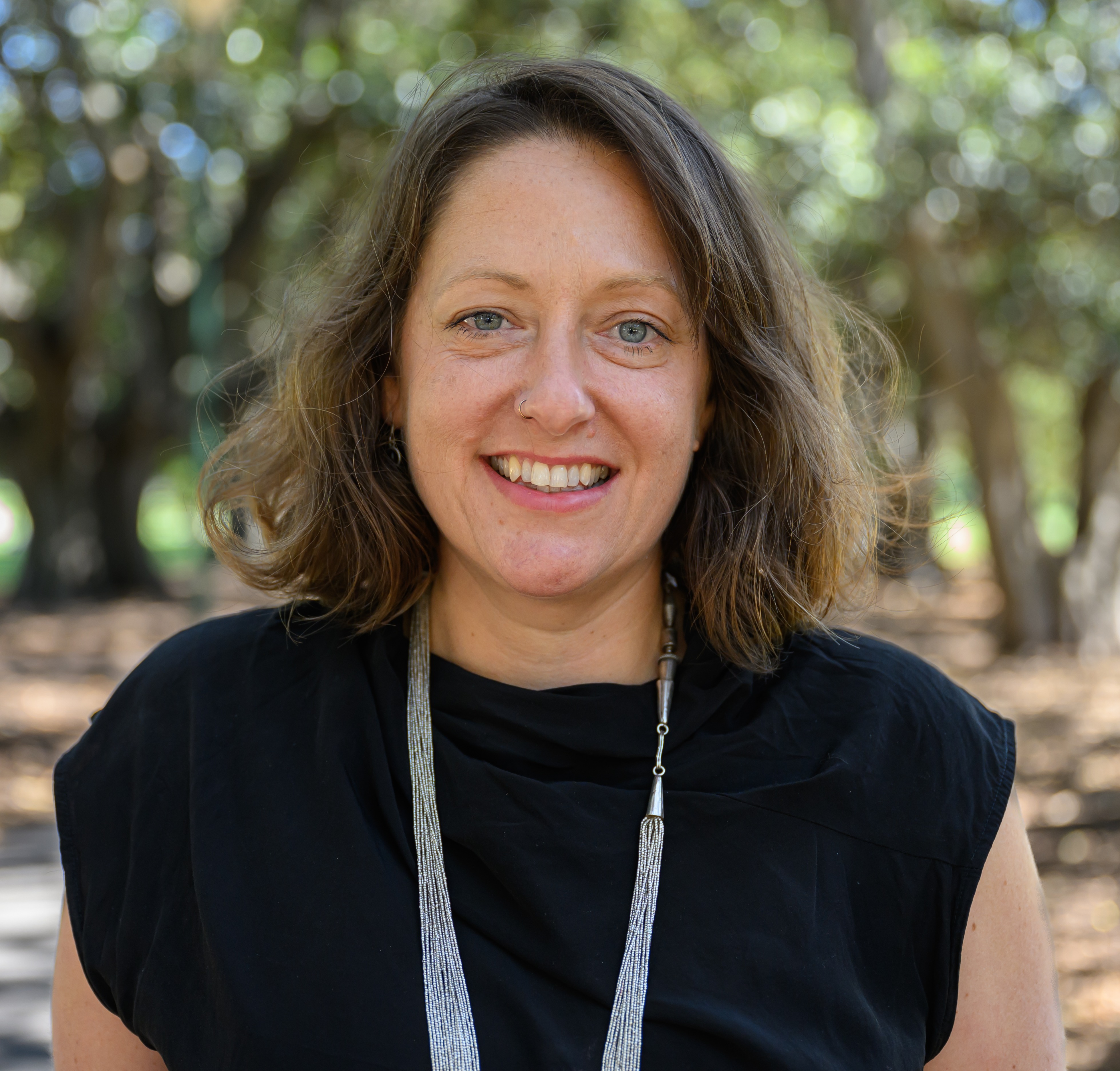Emma Pakula
Senior Policy and Research Fellow, COVID and Health Emergencies
Working groups

Background
Emma Pakula is a senior policy and research fellow at Burnet Institute with over 15 years of experience working in public health, emergency response, and international development.
In her work at Burnet, Emma has focused on generating knowledge and insights that strengthen prevention, preparedness, and response to health emergencies and pandemics arising from infectious diseases. Emma has contributed to research design and strategic engagement on indoor air quality – as a key primary prevention strategy to reduce the burden of airborne pathogens and pollutants. Emma has contributed to generating intelligence and insights on the current impacts of COVID-19, lessons learnt from COVID-19 for future pandemics, and international global health reforms.
Prior to joining Burnet, Emma held senior public policy and strategy roles in the Victorian Department of Health for over ten years spanning various portfolios: COVID-19 response, population screening, cancer prevention, primary care reform, and health workforce planning.
Emma's international experience includes working in humanitarian, protracted crises and development contexts in the Middle East, Central Asia, South and South-East Asia, with non-government organisations and the United Nations Development Programme.
Emma started her career in research assistance at the Centre for Health Economics, the APEC Business Advisory Council, and Monash University Department of Economics.
Qualifications
- 2008: Master of Public Health, Monash University, Australia
- 2004: Postgraduate Diploma of Economics, Monash University, Australia
- 2003: Bachelor of Arts (economics and politics), Monash University, Australia
News and features
View 2 more
What does the new pandemic treaty mean for Australia and global health?
The WHO Pandemic Agreement establishes global cooperation in pandemic prevention and response.

The emergence of JN.1 is an evolutionary ‘step change’ in the COVID pandemic. Why is this significant?






